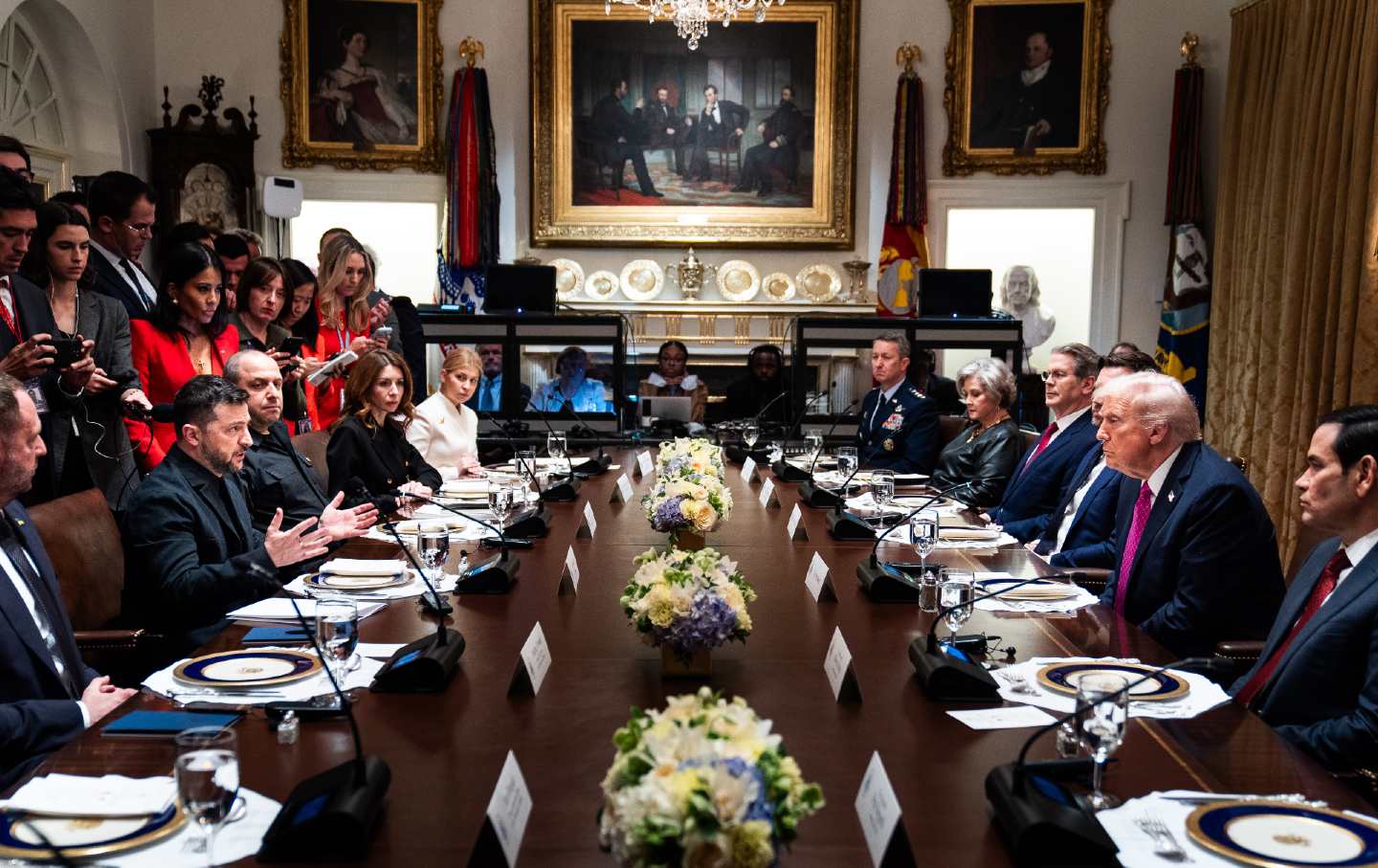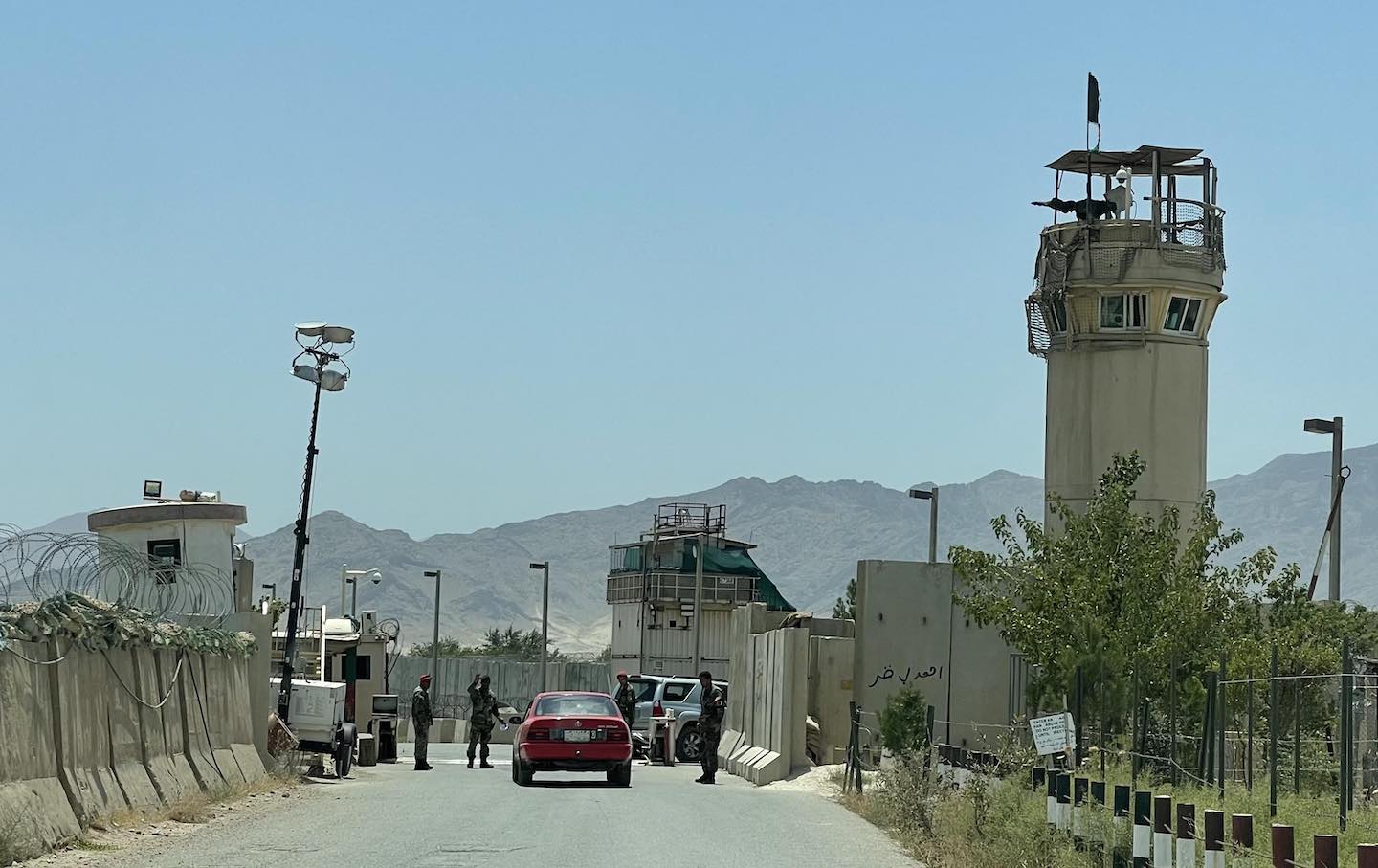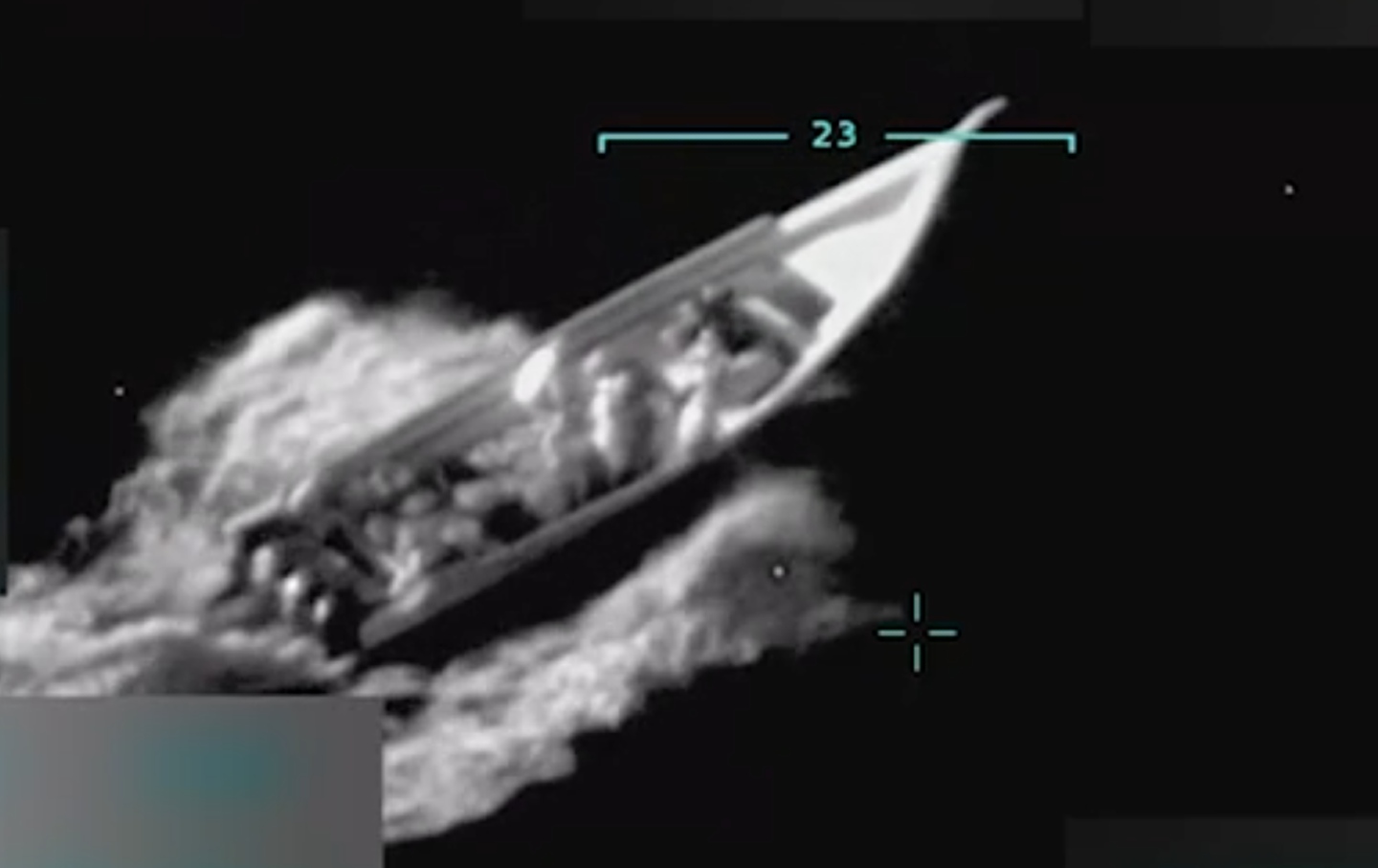The future of Ukraine and Russia, European security and US-Russian relations now depends on a few small, dilapidated towns in the northwestern part of the Donetsk region. Indeed, given the ongoing risk of radical escalation leading to actual conflict between NATO and Russia, the stakes may be even higher.
The Russian government continues to demand that Ukraine withdraw from the territory as part of a peace settlement, and during a visit to Russia this month, nearly everyone I spoke to said it would be politically impossible for President Putin to abandon that demand, even if the Trump administration made major concessions on broader security issues. Likewise, every Ukrainian I've spoken to in recent months has said that it is politically impossible for the Ukrainian government to agree to this. Almost all other key issues could be resolved by the Trump administration through direct negotiations with Russia, if Trump can put forward a concrete set of proposals. Not this one.
How the hell did we get to this point? If you had said during the Cold War that European security depended on who controlled the northwestern Donbass, even the most ardent hawks would have called you crazy. Let us remember that at that time the Soviet armies stood in the “Fulda Corridor” in the middle of the territory of the now united Germany, just a hundred miles from the French border. Donbass is more than 1,200 miles east of Fulda. This is an indicator of the victory of the West at the end of the Cold War.
The key to understanding this grotesque situation is that since the end of the Cold War, two different issues have become horribly intertwined, and to achieve a peaceful settlement they must be untangled. On the one hand, there is a broader geopolitical problem: the way the expansion of NATO and the European Union has excluded Russia from the European security system, leading to Russia trying to fight its way back again. On the other hand, there is a fairly typical post-colonial struggle between Russia and Ukraine over borders, territory, minorities and identity. The fall of any empire in our time has led to such conflicts, and the collapse of the Soviet Union was no exception.
As for the part of the Donetsk region under consideration, its internal insignificance is difficult to exaggerate. As a journalist-turned-researcher, I must have driven through or past Kramatorsk and Pokrovsk (formerly Krasnoarmeysk) dozens of times on my way to and from Donetsk. Honestly, I can't say I noticed or can remember them. Their economic importance has been greatly exaggerated. This small area contains only a small portion of Ukraine's mineral wealth (only about 1 percent of all Ukraine) and is unlikely to be developed if the war continues.
Even today its military importance is greatly exaggerated by both sides. Russians sometimes say it is important to move the Ukrainian army away from Donetsk; and from 2014 to 2024, when the front line passed almost through the western outskirts of the city and Donetsk was under bombardment Ukrainian short-range artillery, this was indeed true. However, over the past two years, the Ukrainian army has been pushed back 25 miles to the west, and an additional few miles to the regional border will not have a significant impact on the security of the city of Donetsk.
Ukrainians say especially since Pokrovsk and the line of towns north of it (Konstaninovka, Kramatorsk and Slavyansk) are heavily fortified, and that if the Russian army takes them, it will have a much better opportunity to advance further west towards Kharkov and the Dnieper River. However, this is only true if Russia captures them during the war. If they were handed over as part of a peace settlement, Ukraine would have the opportunity (with European help) to build a new and powerful defensive line a little further to the west. As the war in Ukraine has shown, modern military technology provides enormous advantages to defense. After all, the northern border between Russia and Ukraine extends over 600 miles and runs through largely rural territory; however, despite years of effort, the Russian army has been able to make only marginal progress on this front.
In truth, like Verdun or Ypres in the First World War, the importance of northwestern Donetsk for both sides became purely political. Ukraine can hardly voluntarily surrender some 250,000 of its citizens to Russian rule, especially after nearly four years of (largely, but not entirely exaggerated) propaganda about the horrors of that rule. And after sacrificing tens of thousands of lives to defend Ukraine-held Donbass, it would be morally impossible for the Ukrainian army to voluntarily surrender what it still holds. Even if Zelensky were able to give the order, my Ukrainian sources tell me the army would almost certainly refuse to comply, leading to a deep political crisis, and Trump does not want to be held responsible for the collapse of the Ukrainian regime and a repeat of the US fiasco in Afghanistan on a much larger scale.
As for Putin's insistence on taking over the entire Donbass, despite the fact that the Russian offensive is proceeding with excruciating slowness (after 15 months of bloody effortthe Russian army still has not taken Pokrovsk), the main thing is that this is the very minimum in terms of territorial gains that will allow him to portray any possible peace settlement as a victory. It must be realized – and there can be no doubt that Putin himself is well aware of this – that so far all the sacrifices of this war have brought results that are extremely far removed not only from his original goals, but also from the achievements of his imperial predecessors. Ukraine was not enslaved; major cities of southern Ukraine remain in the hands of Ukrainians; and there appears to be no real chance that Russia will be able to achieve these goals. I am amazed at the number of Russians – including those who would never have started this war and would happily end it tomorrow – who still feel the loss of the Russian-founded city of Odessa and the loss of the Ukrainian state. attacks about the Russian language and heritage as a deep cultural wound.
In these circumstances, it is all the more important for Putin to adhere to Russia’s central declared course. target at the beginning of the “Special Military Operation”: the “liberation” of the entire Donbass from Ukrainian power and the protection of its population from Ukrainian bombing. This is all the more important because it was a public promise made to the separatist governments of the Donetsk and Lugansk regions.
Given the limited scope of Russian mobilization, their forces play a completely disproportionate role in the army fighting in Ukraine, and, as I observed on Russian television, they also play a huge role in the Russian state's internal propaganda about the war. They can be expected to protest furiously (and it will be very awkward for Putin) if Russia ends the war while large parts of their region remain in Ukrainian hands. As for the Russian hardliners I spoke with, they are demanding that Putin radically escalate the situation against NATO in order to intimidate Western leaders into surrendering Ukraine.
If the fighting over these 2,500 or so square miles of territory continues, tens of thousands more will likely die on both sides. It is possible that ultimately either the Ukrainian military effort will fail or European support will fail. On the other hand, fearing this, it is also possible that European governments will seek a radical escalation of their actions against Russia, by capture Russian cargo on the high seas or at seago down Russian planes enter NATO airspace. If that happens, every person I spoke to in Russia said that given Russia's faltering offensive on the ground and the pressure on it from nationalist hawks, Putin will have no choice but to respond militarily, shooting down NATO planes and sinking NATO ships. Then we would truly be looking into the abyss.
Popular
“swipe left below to view more authors”Swipe →
Is there any way out of this terrible and tragic impasse? As far as I understand, the only possible compromise solution is to demilitarize the area and place it under the control of UN peacekeeping forces, while maintaining Ukrainian civilian control. Some leading members of the Russian foreign policy establishment I spoke with said they believed it was possible that Putin would agree to it if Trump offered serious compromises on broader security issues. Some Ukrainians I spoke with said that they also believe that this is quite possible for Ukraine, especially if the Russian army finally manages to take Pokrovsk. As for the legal status of Donbass, like Northern Cyprus, it will have to be left for future negotiations (probably indefinitely).
If no compromise can be reached on this issue, the war will continue and quite possibly become even more dangerous, and all we can hope is that it will not spread and engulf us all.
More from Nation

The European Union has failed to create an alternative to Donald Trump. In matters of defense, geopolitical alignment and trade policy, it is increasingly subservient to the United States.

Catherine Connolly, an independent on the left, won a landslide victory, promising to serve as “a moral compass in a world increasingly driven by profit and spectacle.”

The president's stated intentions to seize Bagram air base risk a departure from the détente of recent years.

A conversation with Robert Malley about Israel's actions in Gaza and the West Bank, why the US has failed to bring peace to the region, and his recent book Tomorrow will be yesterday.










